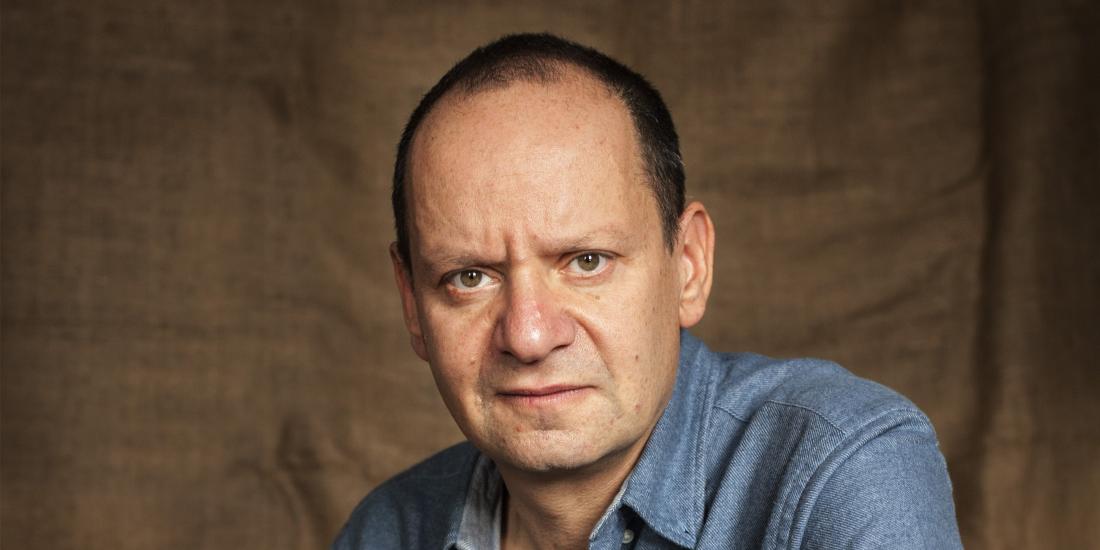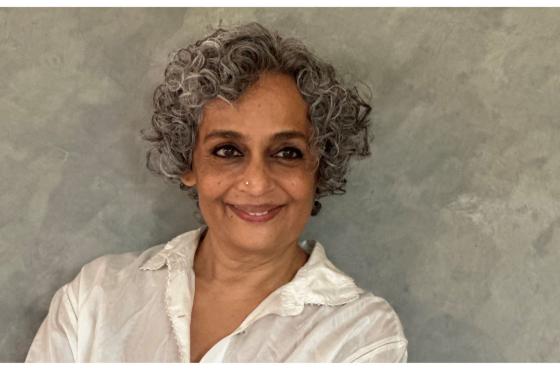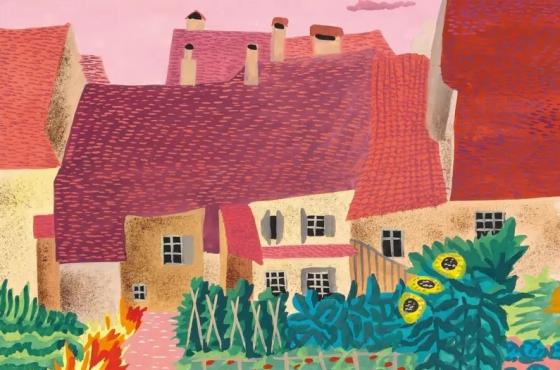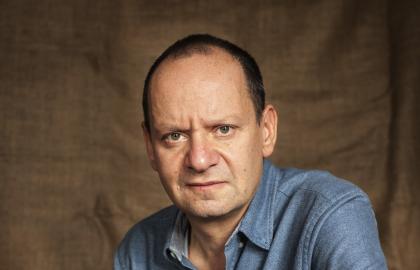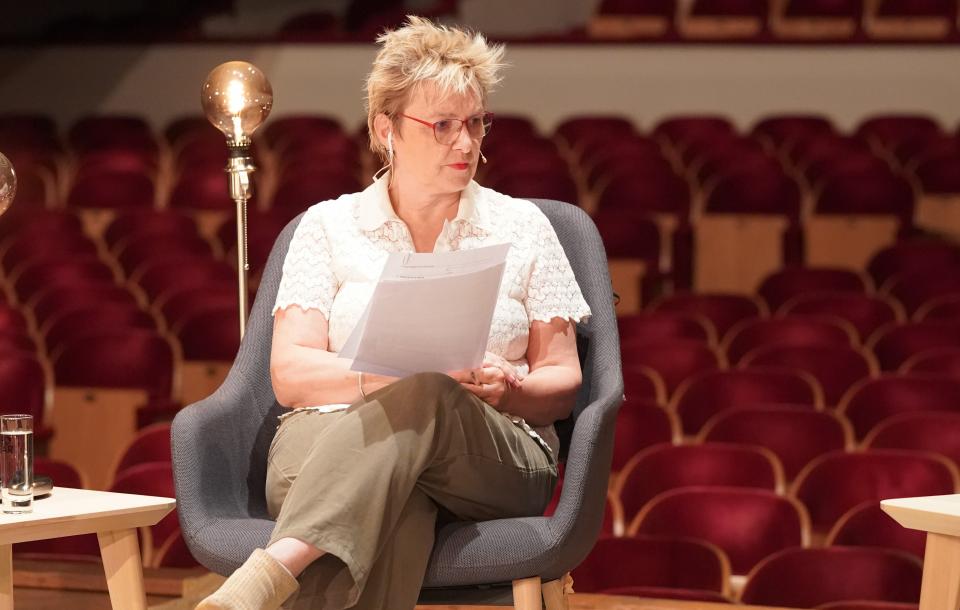
How would you define Philippe Sands?
A man whose work is of incomparable value. East West Street is a fascinating book where real life weaves an extraordinary story. While on a speaking engagement in Lviv, the birthplace of his ancestors, he uncovered their history. He also learned about two eminent lawyers, Raphael Lemkin and Hersch Lauterpacht, who were present at the Nuremberg Trials, and about a senior Nazi official who was responsible for implementing the Final Solution – and, consequently, for the murders of Sands’ family and that of the Nuremberg lawyers. Sands has turned his personal story into a universal one, forcing us to more closely examine the present. I remember reading the book at the time of the Marrakech Pact controversy in Belgium, which aimed to regulate global migration. A party in the federal government had used this controversy to attack the foundations of the Geneva Convention, which protects individuals against regimes that flout human rights and sets rules governing the status of refugees. At the time, I repeatedly used excerpts from Sands’ book, in which he describes the principles of international law, developed to protect individuals, and explains their crucial importance.
Would you say that history sheds light on present-day events?
Absolutely. Sands’ book is much more than the retelling of a family’s history. It also focuses on the destiny of two other families: that of the great Polish lawyers, who are at the root of two key legal definitions – genocide and crimes against humanity – and of seminal acts of international law. As a result, Sands’ book is about human rights. He explains that international laws to protect individuals emerged in response to Nazi actions; they were created precisely to prevent a repetition of such horrors. The book also focuses on the Nuremberg Trials, and reminds us of why it is important that people who have committed unspeakable crimes be brought to justice. It also examines the collective impact of trials – in particular those that profoundly affect society, as in the case concerning the November 2015 attacks in Paris. I have an enormous admiration for Philippe Sands; he is an exceptional investigative journalist, storyteller, and a lawyer who defends major international causes. It’s quite an achievement: making use of the past to examine modern-day history. His latest book, The Ratline, continues in the same vein. It reads like a thriller, but here too he combines the talent of a storyteller, investigator and contributor to history, as he reveals networks that were mobilised for the exfiltration of Nazi criminals after 1945, within inner circles of power, notably in the Vatican. He also excels in other forms of artistic expression: he has managed to create East West Street: A Song of Good and Evil, a musical based on his book, which was performed at Bozar in 2019, and has written a fascinating podcast for the BBC around The Ratline, adapted into French on France Culture. These are rare works, from which we emerge more knowledgeable, and fiercer defenders of human rights.
Human rights today are coming under attack across Europe from populist and nationalist movements, which refuse to condemn regimes that violate these rights on the grounds that they are none of our concern...
The moment we start believing that human rights are none of our concern, we agree to give in. It reminds me of the Sudanese migrants who were facing torture, and whom Belgium sent back in 2017, and the reaction this provoked in the weeks that followed. At the time, Luc Dardenne phoned me to ask Le Soir to publish an open letter he was writing with his brother Jean-Pierre, to denounce an attack on fundamental rights. I truly believe that we cannot remain silent. Every violation of human rights that we allow, can one day turn against us: this is why we must uphold human rights everywhere and at all times. Philippe Sands’ books demonstrate in clear terms the extent to which the law is a necessary protective tool: his is not a moral lesson, but a true story with characters with touching stories. And his public engagements to present his books are, for me, an equally vital mission. I very much look forward to hearing his views on the current conflict between the Polish leadership, the European Union and the other member states over the manipulation of justice and the rule of law. Writers, artists, journalists, and cultural institutions must come out of their ivory towers to reach the general public, so it can hear a different discourse other than the simplifications of conspiracy theories or anti-democratic movements feeding into social media. We believed, wrongly, that democratic values were once and for all embedded in our nations; now we have to promote them once again, and ensure that they resonate within society. This is what Philippe Sands does so well.
